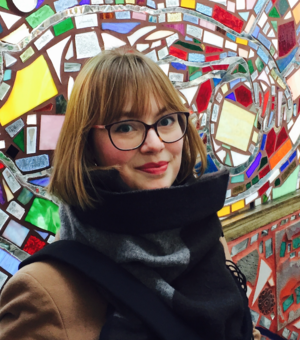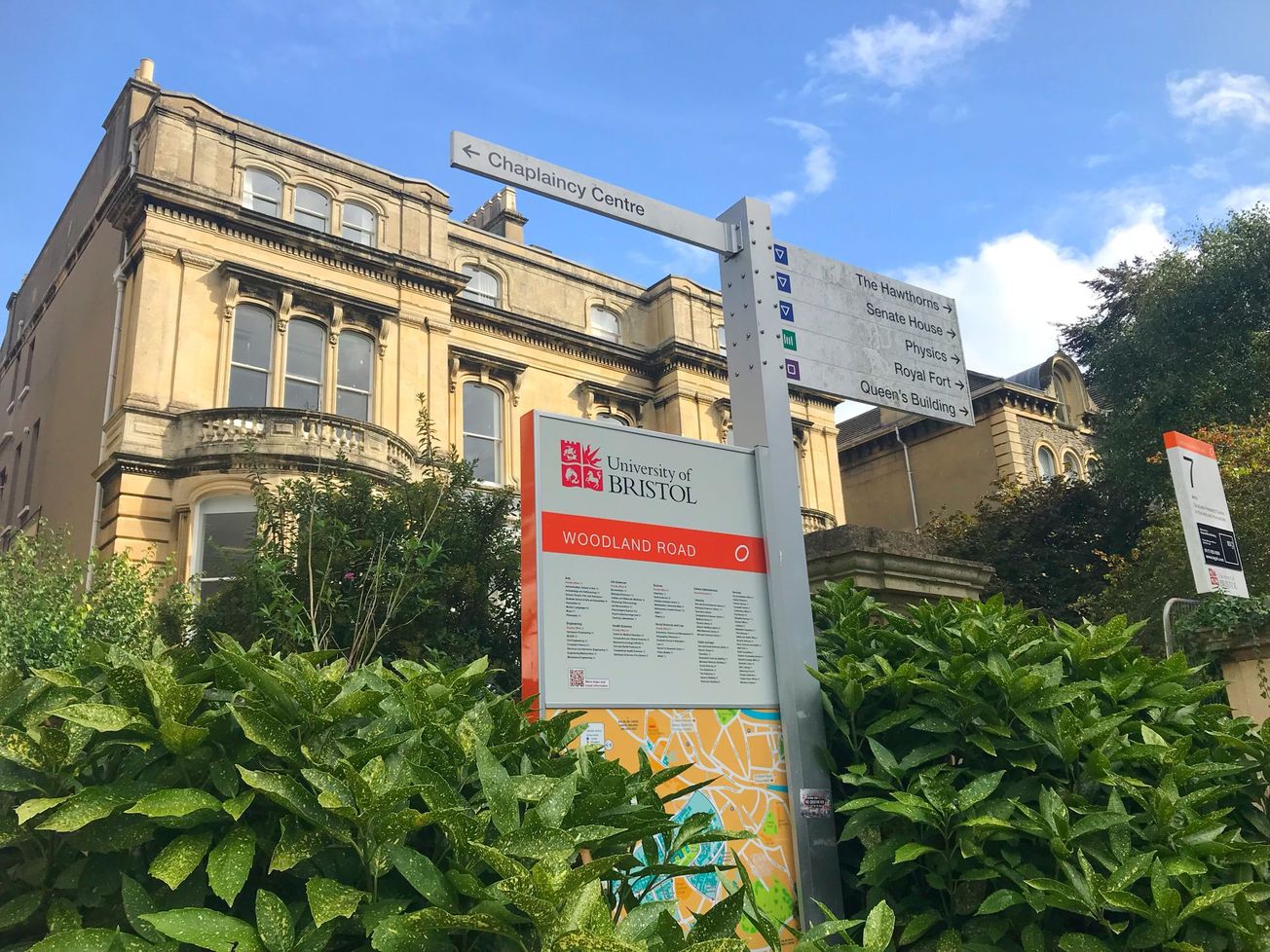By Izzy Lepone, Third Year English
Dr Emma Parker attained her undergraduate degree at Queen Mary University of London, before completing her MA at the University of Oxford, and her PhD at the University of Leeds. Emma went on to work at the University of Oxford and the University of Keele, where she developed her specialist research on the legacies of the British Empire. She is now a lecturer in Literature and Gender at Bristol.
Emma spoke passionately about the ramifications of insecure employment contracts and poorly paid roles in academia, having relocated across the country in the interest of preserving her career. ‘There’s so little money for arts and humanities research, that whenever you get a job offer, you have very little agency over where you’ll be living,’ she told Epigram.

Elaborating on the inequalities embedded in the higher education sector, Emma explained that these ‘especially impact people of colour, as well as people who aren’t from the UK, and women.’ ‘I’m really keen to be part of the solution to that problem.’
This call for collective action is the foundation of Emma’s research; ‘I see basic women’s rights as everybody’s issue, and I see the legacies of empire in Britain as something that should concern all of us,’ she explained. She stressed the importance of recognising these topics as ‘public matters’, rather than allowing them to continue ‘resting on the shoulders of certain minority groups.’
Emma is currently anticipating the publication of her first solo-authored book, Contemporary Life Writing and the End of Empire (2023), on the formal decolonisation of the British Empire. She voiced her appreciation for previous students and academics who have enriched this work: ‘I feel like this book is in conversation with several generations of undergrads, a lot of my colleagues, and my mentors from my PhD, so it feels like it has come out of a community.’
5 years in the making, our book British Culture After Empire is ✨out in the world✨
— Emma Parker (@DrEmmaParker) March 10, 2023
Edited by me, @LiamJLiburd, & Josh Doble, w amazing contributions by @ProfJohnMcLeod, @amhuss27, @ellekeboehmer, @DrDomDavies, @Tribe__Arts, @astrid_rasch, @shahmima_akhtar, Bill Schwarz & more https://t.co/J18VOApRHG
Emma told Epigram, ‘the only way to enjoy any job is to take some pleasure out of it, and for me that comes through relationships with other people.’
For Emma, this spirit of collaboration is a valuable component of her professional relationships, especially with other female academics. She recalled how the community of women in academia offered inspiration and support during the ‘fairly lonely experience’ of her early career. ‘We were determined that none of us were going to fall by the wayside or be left behind,’ she said.
Celebrating the women she studied alongside during her PhD, Emma expressed her gratitude for the way they have ‘continued to be very caring and nurturing’ towards each other, despite having contended for the same jobs during their careers.
Whilst acknowledging the stiff competition in the higher education sector due to the fewer job roles available to women, Emma insisted ‘you don’t have to be ruthless to be successful.’
80% of full Oxford professors are men; the average for British universities is 72%. Of the permanent academics who declared their race, 8.5% identify as people of colour; average for British universities is 20%. Only 11 of the 1,952 permanent academic staff at Oxford are Black https://t.co/1RyEUQyZPq
— Amber Murrey (@AmberMurrey) March 3, 2023
‘I’ve benefited from amazing mentorship from my peers,’ she added, reiterating the need for women in academia to ‘lift each other up.’
Emma reinforced the need for more open conversations about the obstacles faced by female academics in order to create positive change within the sector. She firmly established that these ‘serious old-school equality issues’ should have no place in the more progressive future working environments that she envisions for her students. With great conviction, Emma insisted that these discussions ‘need to be happening at the institutional level’ in order to have a lasting impact: ‘I’m sick of it being whispered between women. I think it’s time for everyone to be looking at this.’
She expressed great compassion for her students, who she hopes won’t have to make undue sacrifices in the workplace; with an eye to the future, Emma reaffirmed that women in academia must continue to ‘carve out their space, because no one will give it to you.’
Women in Academia: In Conversation with Goya Wilson Vasquez
Women in Academia: In Conversation with Leighan Renaud
Emma offered valuable final words of encouragement for women hoping to pursue a career in the higher education sector. ‘Aim really high, and take other people with you. Find people who are going to help you on the way, and definitely try to enjoy it.’
‘Your labour is valuable, and your own skills are valuable, so if you find yourself in a workplace that doesn’t feel supportive or is taking too much, move on to somewhere that does.’
Featured Image: Epigram / Imogen Horton
Who in the academic community has inspired you?









